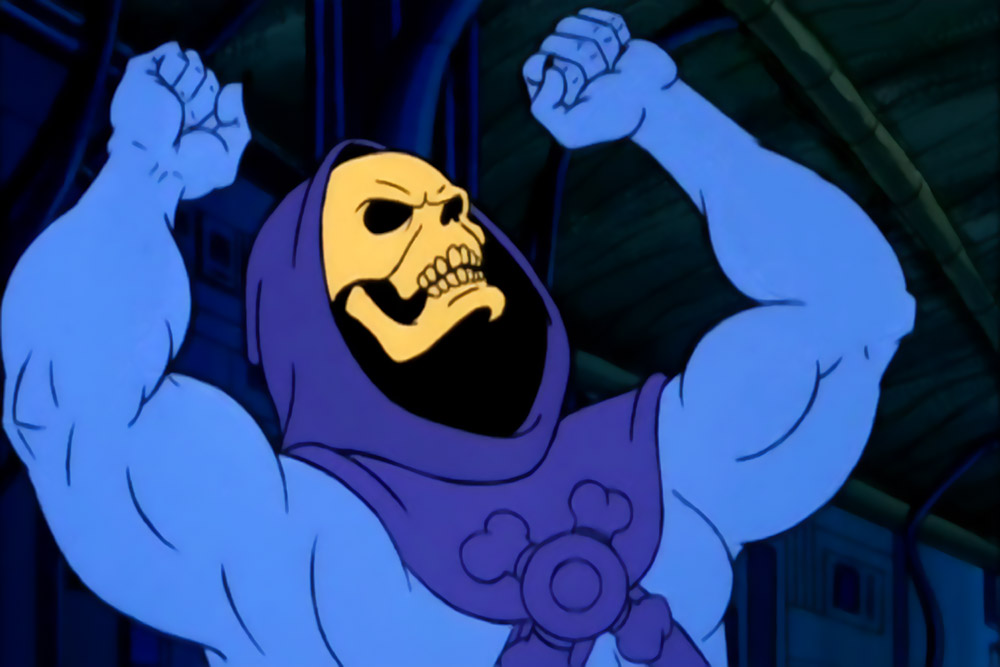I actually agree DC films didn't have too much liberal agendas before, but that doesn't mean they are free of them;
There was that Harley Quinn Birds of Prey movie, and WW84. Even The Batman movie had that one moment throwing shade at white supremacy.
MCU used to be pretty clean of this kind of stuff, but starting around Black Panther 1 or Captain Marvel they started to throw in some weird liberal commentaries. I'm starting to see DC slowly adapting this.
Blue Beetle for example tries to make the big-corp-willing-to-do-anything-for-profit the bad guys, on top of a strong-bonded Hispanic family victimized (at least that's the way it looked in the first trailer). I am not quite familiar with Blue Beetle origin story, but in every version that I did saw his family were in no way victimized, and rather hard-working individuals. So why make them the victims now?
But I guess only time will tell, because everything about Blue Beetle besides those points look great. Superman Legacy so far looks great in casting choices too
Based on your examples, the standard for a "liberal agenda" seems pretty low, but okay:
Birds of Prey: You can certainly argue that it's a film about female empowerment - Harley is getting over Joker's malignant influence, Montoya is a female cop in a man's world (or man's police department at least), the all-female cast triumphs over an all-male antagonist group, sure. But that's pretty stock stuff.
WW84: Really don't see an example here. Maybe, I dunno, the angle of "Maxell Lord is a dishonest businessman, ergo capitalism sucks" or something, but even then, that's stretching it, and again, "evil corporation"/"evil business person" is a stock trope.
-The Batman: Haven't seen this, but you refer to "one moment." "One moment," IMO, is hardly an agenda. In BoP, Cass mentions stealing money from "dumb white people," is that really an "agenda?" A character saying a disrapaging thing about something/someone is hardly an agenda in of itself. (Also, Dark Knight/Dark Knight Rises definitely have political themes as well, so I'd hardly call this a new development for Bats.)
-Black Panther 1/2: This is actually a case where I more or less agree, or at least, in the sense that both Black Panther films are political, you'd be hard pressed to argue otherwise. I don't know if I'd call them "liberal" films, but political films? Well, in as much as the genre allows for it, yes.
-Captain Marvel: Eh, sort of? I'll be frank, there's a lot of culture war nonsense around this film, and compared to something like Liberation Run (where "Captain Marvel fights the patriarchy" is pretty much a plot summary), this film is mild. I'd agree that CM is political only in as much that its plot involves an empire pursuing a war against a group that's portrayed as the enemy at first, but later revealed to be the good guys, but again, that's pretty stock. Similarly, I know lots of people have read into Carol's mentor gaslighting her or somesuch as some kind of metaphor for males holding back women or something, but I've always found this pretty spurious. The trope of "hero overcoming their mentor" is a common one.
-Blue Beetle: Well, I've actually seen a variant of this argument - something along the lines of "evil white industrialists have taken control of a scarab (something something cultural appropriation something something) which falls into the hands of a Latino family, which must work together to defeat the evil white people, proving that the extended family structure of Latinos is better than the nuclear family of the evil white people, or something" (also obligatory capitalism is evil message). You can probably tell that I don't find this argument convincing. Who knows, in the rare chance I see Blue Beetle, maybe this will be a theme, but I doubt it.
As for Blue Beetle's origin story, honestly, I really can't say anything about it, I know only two things about Blue Beetle, and one of them is called jack. Looking at the trailer, it strikes me as a kid's film that's mixing Iron Man and Spider-Man, based on the age old premise of "a kid and his X" (in this case, power suit). Frankly, even by the standards of the genre, it looks utterly banal, and as much as I like Xolo Maridueña from his work in Cobra Kai, his presence by itself isn't enough to sell me on the film.
Really, calling these films "liberal agenda" films strikes me as the same thing as calling Iron Man 2 a "conservative agenda" film based on Tony's refusal to turn over his property to the government. That's a potentially interesting idea, but the film isn't that intelligent to warrant such a discussion.



